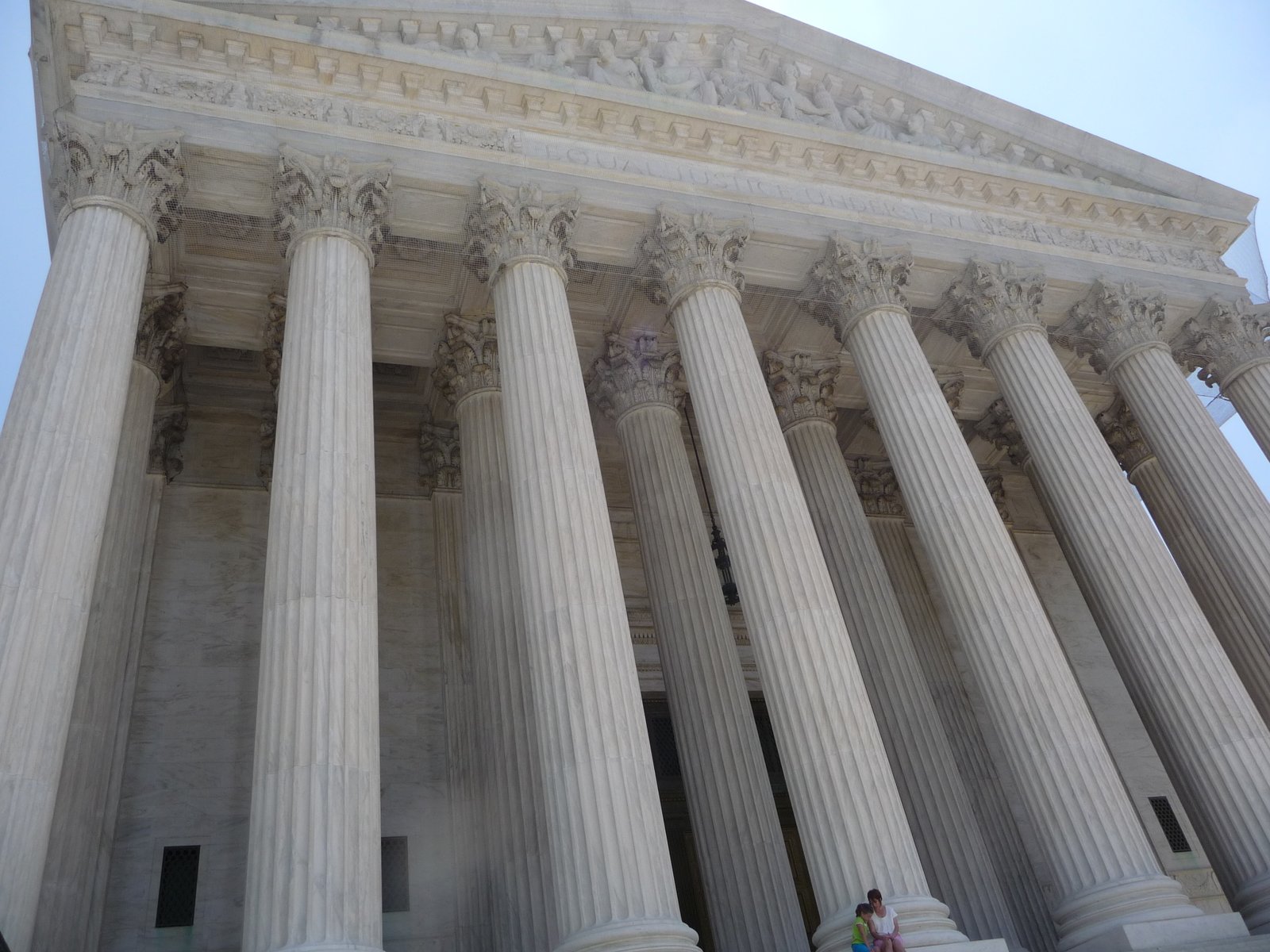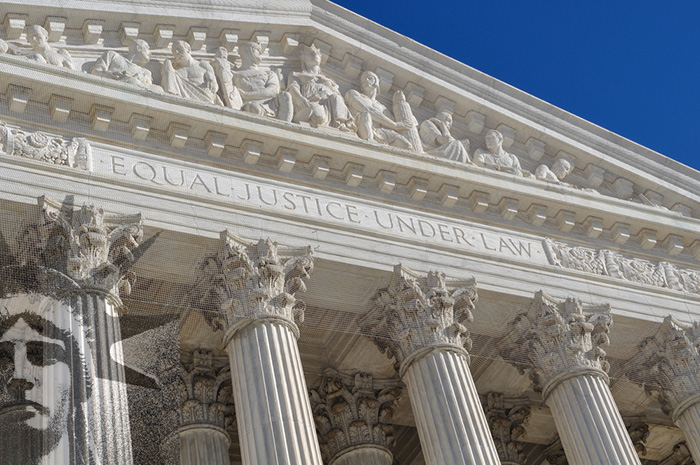The Supreme Court issued a ruling on June 3, 2019, in a case (Fort Bend County v. Davis) involving whether a court may hear a discrimination case where the plaintiff fails to raise all charges in an initial EEOC complaint. The Court found that the Title VII’s rules are procedural, not jurisdictional, and as such procedural defenses need to be raised early in a case.
Category: Employment Law
Supreme Court Requests Solicitor General’s Opinion on Sabbath Accommodation Case
The value of the Patterson case does not merely hinge on its facts, which would likely have to be developed at the trial level, but more importantly, it provides a vehicle for the Circuit courts to obtain needed guidance from the Supreme Court in order to consistently interpret Title VII religious accommodation requirements.
Justices hint interest in revisiting Title VII religious accommodation while declining to hear football coach prayer case
It is debatable whether a claim by a public school football coach that he is compelled by religious belief to pray at the 50-yard line following each game is a good vehicle for addressing either free exercise or workplace religious accommodation. However, it does appear that the four justices who signed onto Alito’s response have concerns about the chilling effect of Hardison and Smith on the ability to even raise Title VII religious accommodation and Free Exercise Clause claims. With Patterson v. Walgreen Co., the Supreme Court has the opportunity to revisit religious accommodation claims under Title VII.
9th Cir: Catholic School Teacher Fired for Requesting Time for Cancer Treatment May Pursue ADA Discrimination Claim
On December 17, the Ninth Circuit Court of Appeals ruled 2-1 that the ministerial exception does not bar a teacher in a Catholic school who was fired because she needed time off work for surgery and chemotherapy from pursuing a claim under the Americans with Disability Act.
Founders’ First Freedom Files “Friend of the Court” Brief Asking Court to Hear Religious Accommodation Case
Walgreen v Patterson gives the Supreme Court the opportunity to promote consistency and predictability and resolve disputed interpretation between Circuits, Congress, and the EEOC in a manner that is respectful of both religious beliefs and business needs says amicus Founders’ First Freedom.
Trump administration forms office to protect doctors’ religious beliefs
The U.S. Department of Health & Human Services (HHS) has announced the creation of a Conscience and Religious Freedom Division in their Office for Civil Rights. The division aims to address concerns over sensitive subjects such as birth control, abortions, and treatment of the LGBTQ community. In addition to providing a center for complaints regarding religious discrimination, the division is pushing for the approval of a motion that seeks to protect medical personnel who refuse to perform treatments that violate their personal beliefs. The move has caused concern from human rights groups, who believe this office could be used to discriminate.
Supreme Court hears public sector union compulsory speech case
Today the United States Supreme Court heard oral arguments in a case involving whether it constitutional to require government employees who do not join their respective unions to still pay fees to the unions for the cost of negotiating and administering their employment contracts.
10th Cir. reverses summary judgment in Title VII Sabbath accommodation case
On January 17, 2018, the 10th Circuit Court of Appeals ruled that a lower court improperly granted summary judgment against plaintiffs in a holy day observance case.
CA governor vetoes religious employee reproductive privacy bill
California Governor Jerry Brown has vetoed legislation that would have prohibited religiously affiliated institutions from taking employment action against non-ministerial employees for their reproductive health decisions including “the use of any drug, device, or medical service.”
EEOC files suit against physician who mandated daily religious meetings
[dc]T[/dc]he U.S. Equal Employment Opportunity Commission has filed a lawsuit on behalf of four former employees of a Texas physician who allegedly discriminated against them on the basis of religion by unlawfully requiring them to attend daily Bible studies, requiring them to discuss religious matters in these meetings, and for terminating them for religious reasons….








